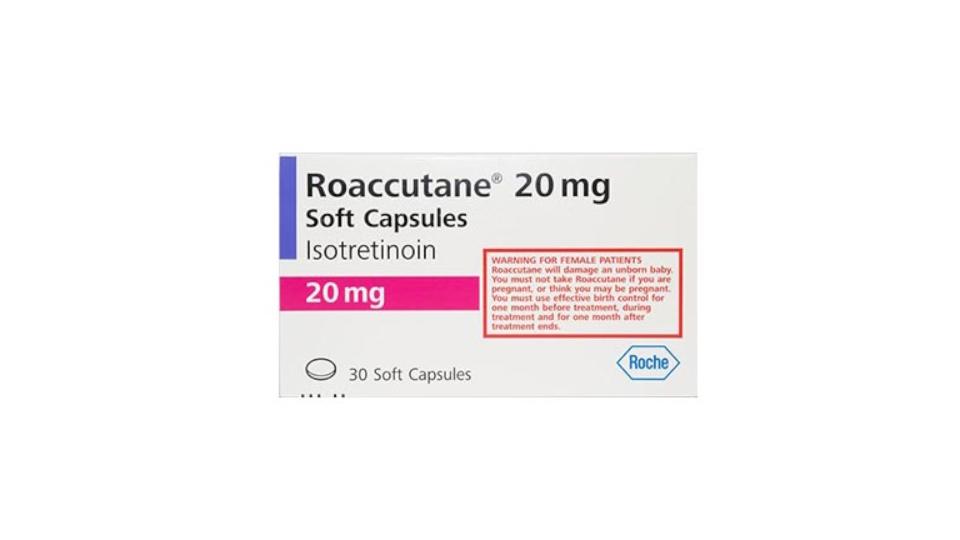MHRA imposes restrictions on acne drug in children

The UK medicines regulator has tightened up controls on the prescription of acne treatment isotretinoin to patients under the age of 18, following a review prompted by concerns about potential mental health and sexual side effects of the drug.
New measures implemented by the Medicines and Healthcare products Regulatory Agency (MHRA) today mean that the use of isotretinoin in children will have to be approved by two prescribers, with requirements for better information on the potential risks and additional monitoring of side effects.
In a statement, the agency said the changes had been implemented after a “patient-focused expert review” of the safety of the drug, sold under the Roaccutane and Reticutan brand names in the UK by Roche and Ennogen Healthcare, respectively.
Isotretinoin given in oral formulations is an effective treatment for severe acne or when there is a risk of permanent scarring, and according to the MHRA should only be used when other treatments have not been effective.
An investigation into its safety was launched in 2020 in which patients and their representatives, healthcare professionals, researchers and other organisations were asked for their experience with the drug, particularly with regard to its effects on mood and sexual dysfunction. It followed a campaign asking the NHS to stop prescribing the drug.
The review concluded earlier this year that gaps in the available evidence meant that it was not possible to say that isotretinoin definitely caused many of the short-term or long-term psychiatric and sexual side effects, but that “the individual experiences of patients and families continue to cause concern.”
As a result, for anyone aged 12 to 18, a second healthcare professional – in addition to a specialist in dermatology who acts as the lead prescriber – must independently assess the patient and determine whether isotretinoin is the only appropriate effective treatment.
Patients will also receive more detailed information about the potential risks of isotretinoin, alongside its benefits, and they and their families must have time to consider the risks and have an opportunity to ask questions before starting treatment.
Moreover, all patients will have in-person assessments of their mental and sexual health before starting treatment with isotretinoin, and side effects must be monitored carefully at each follow-up appointment, according to the new guidelines.
There are already tight restrictions on the use of the drug in female patients as it is known to pose a serious risk to unborn babies.
The new measures “will ensure that patients are well informed, that they are carefully monitored throughout treatment, and that there is additional oversight on isotretinoin prescribing for patients under 18,” commented Dr Alison Cave, MHRA’s chief safety officer.













